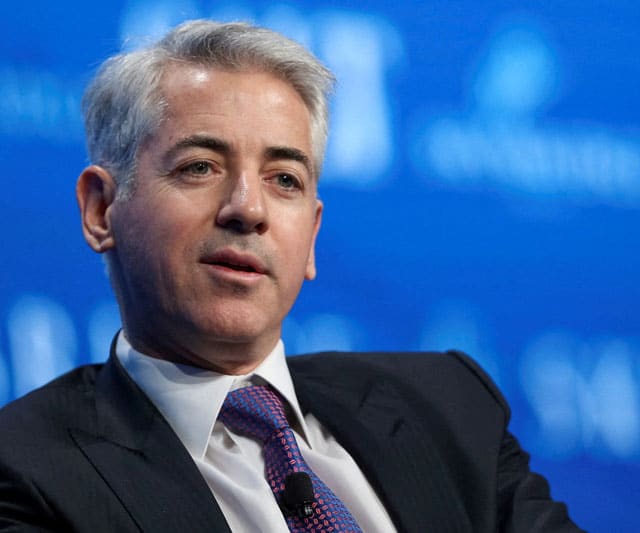Bill Ackman’s new investment vehicle, Pershing Square SPARC Holdings Ltd, marks a departure from special purpose acquisition companies (SPACs), which have lost favor on Wall Street as deals soured.
Ackman disclosed last week that SPARC received approval from the U.S. Securities and Exchange Commission (SEC) to raise a minimum of $1.5 billion from investors for the acquisition of a private company.
SPARC, which stands for special purpose acquisition rights company, is similar to a SPAC in that it will act as a shell to combine with and list another company in New York, infusing it with capital in the process.
Here’s how a SPARC differs from a SPAC:
Deal visibility
One of the biggest differences is a SPARC doesn’t require up-front money from investors like a SPAC does.
A SPAC raises capital from investors in an initial public offering (IPO) by only disclosing the general characteristics of a company it may seek to buy, rather than naming the specific target. SPAC investors are then given the option to vote down an acquisition or redeem their shares once a deal has been announced.
SPARC will only ask for money from investors once it has clinched and disclosed a deal to buy a company. It has distributed “acquisition rights” for free to investors in Ackman’s previous investment vehicle, who will be given the option to invest once SPARC has a deal.
Ackman’s previous investment vehicle was a SPAC called Pershing Square Tontine Holdings, which raised $4 billion in an IPO in 2020 and went on to ink a deal for a 2.9% stake in Universal Music Group at a 35 billion euro ($37 billion) valuation the following year.
Tontine abandoned the deal after the SEC questioned its unconventional structure, which also attracted shareholder lawsuits. Ackman returned the money last year.
More time
SPARC gets up to 10 years to complete a deal, compared with most SPACs that face a deadline of between two and three years.
Capital flexibility
Unlike a SPAC, the amount of money SPARC seeks from investors will vary based on the size of the deal it pursues. It will be a minimum of $1.5 billion, and Ackman’s hedge fund Pershing Square has pledged to put in between $250 million and $3.5 billion as an anchor investor.
More of the deal for investors
SPARC will not offer IPO warrants, which are used by SPACs as a way to top up the capital raised in an IPO. This means that SPARC investors will not be diluted by such warrants and will get to keep more of the company.
Fewer warrants for Ackman
Ackman and his team will take a maximum 4.95% stake in the combined company in the form of warrants, as opposed to the maximum 5.95% their SPAC afforded them.
No underwriting expense
SPARC will save on the underwriting fee typically paid by SPACs in an IPO — equivalent on average to 5.5% of the capital raised — because it will not need investment banks to distribute the acquisition rights.
This article was provided by Reuters.







